
Ceban, banned in Romania, has made anti-EU statements and worked with the pro-Russian leaders Vladimir Voronin and Igor Dodon. He now wants to be the leader of the pro-European opposition, but there are suspicions that he prefers Moscow.

The pro-Russian parties have launched the campaign for the legislative elections that will take place in 2025 in the Republic of Moldova with disinformation, claiming that Maia Sandu is not a legitimate president. The stake: the European path of the country.

Există o serie de semne de întrebare legate de alegeri, de la numărul de alegători – important pentru validarea scrutinelor – până la actorii care se vor putea înscrie în cursă și desemnarea unui candidat unic al opoziției pro-ruse.

The West is imposing "an anti-family ideology" on Moldova, says the leader of the Socialists, Igor Dodon. In the context of a Pride march, he resumed an old Moscow narrative regarding the "LGBT agenda".

Russian propaganda, alongside politicians, publicists and clerics from the Republic of Moldova, has been promoting for years narratives regarding the threats to the identity and even the existence of Moldova and Moldovans.

The narratives were launched / amplified by Moscow and pro-Russians, and the theses included Moldova’s involvement in the war in Ukraine, an attack on Transnistria and EU rapprochement.

Conform unor narațiuni false reinterpretate, președintele Sandu ar acționa la indicațiile Vestului, aflat în deficit din cauza numărului mare de persoane LGBT.

The Republic of Moldova remains the target of Moscow’s active measures. Certain pro-Russian politicians in Chișinău with good chances of securing high office are being counselled by the FSB.

Chisinău is setting up an anti-propaganda institution in order to disinform, says the former president Igor Dodon, according to whom Russia is not spreading any propaganda in Moldova.

Rusia a avut mereu oamenii săi printre reprezentanții clasei politice și administrației de la Chișinău. Unii nici nu au încercat să-și ascundă relația cu Moscova, alții par să-și fi jucat foarte bine rolul, plasându-se în fruntea unor mișcări naționale și proeuropene, ceea ce, probabil, i-a permis Rusiei să controleze anumite procese politice din interior. Veridica îi amintește, în acest al doilea episod, pe cei care au menținut Republica Moldova în siajul Moscovei pentru o bună parte din ultimele două decenii.
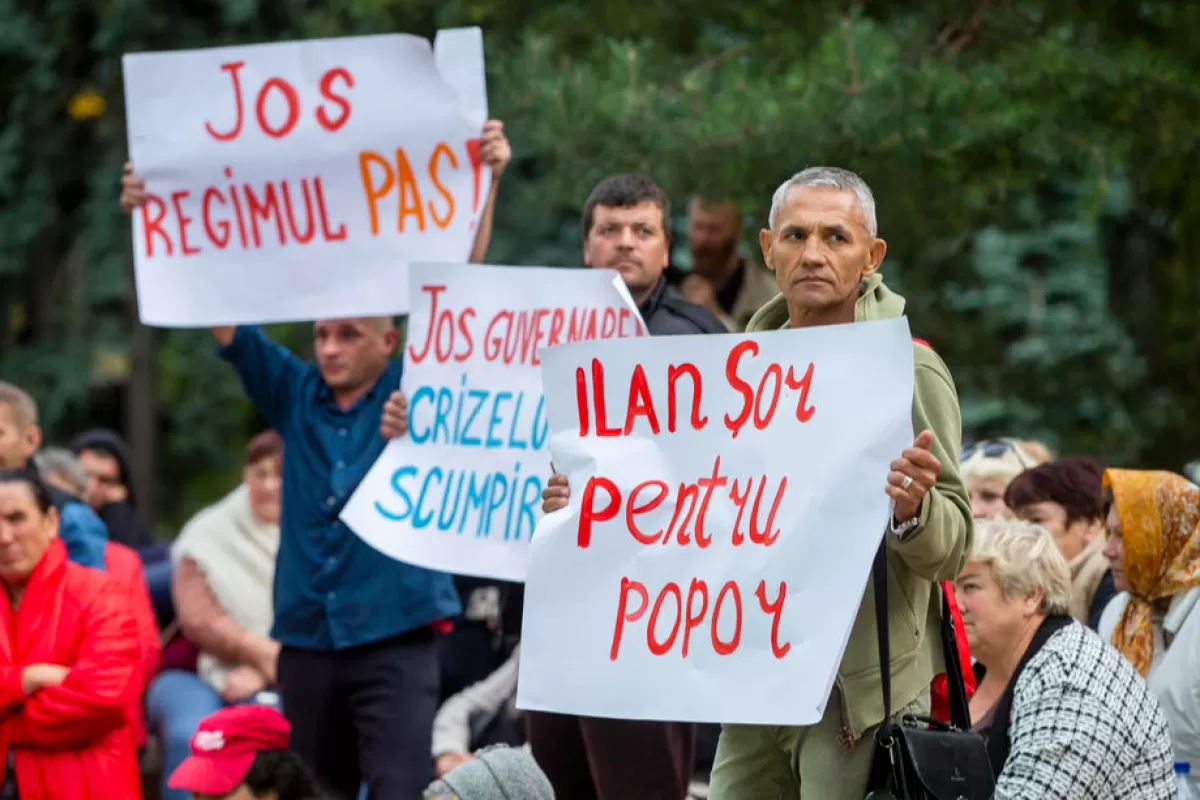
The internal stability of the Republic of Moldova is threatened by pro-Russian politicians who are trying to stir the pot by capitalizing on the numerous crises facing this country. The most vocal of them are politicians who’ve had run-ins with the law, such as Ilan Shor, the mastermind behind the “billion-dollar theft”, as well as former Socialist leader Igor Dodon, indicted on five distinct charges. Aware of their schemes, Moscow uses energy exports as blackmail.

The pro-European government in Chisinau is closing universities and schools to procure Western weapons, and the people will be cannon fodder in the geopolitical games of the big players, former pro-Russian president Igor Dodon claims in an interview for the Russian press. The false narrative fits into the anti-NATO and anti-Western rhetoric that has intensified with the Russian aggression in Ukraine.
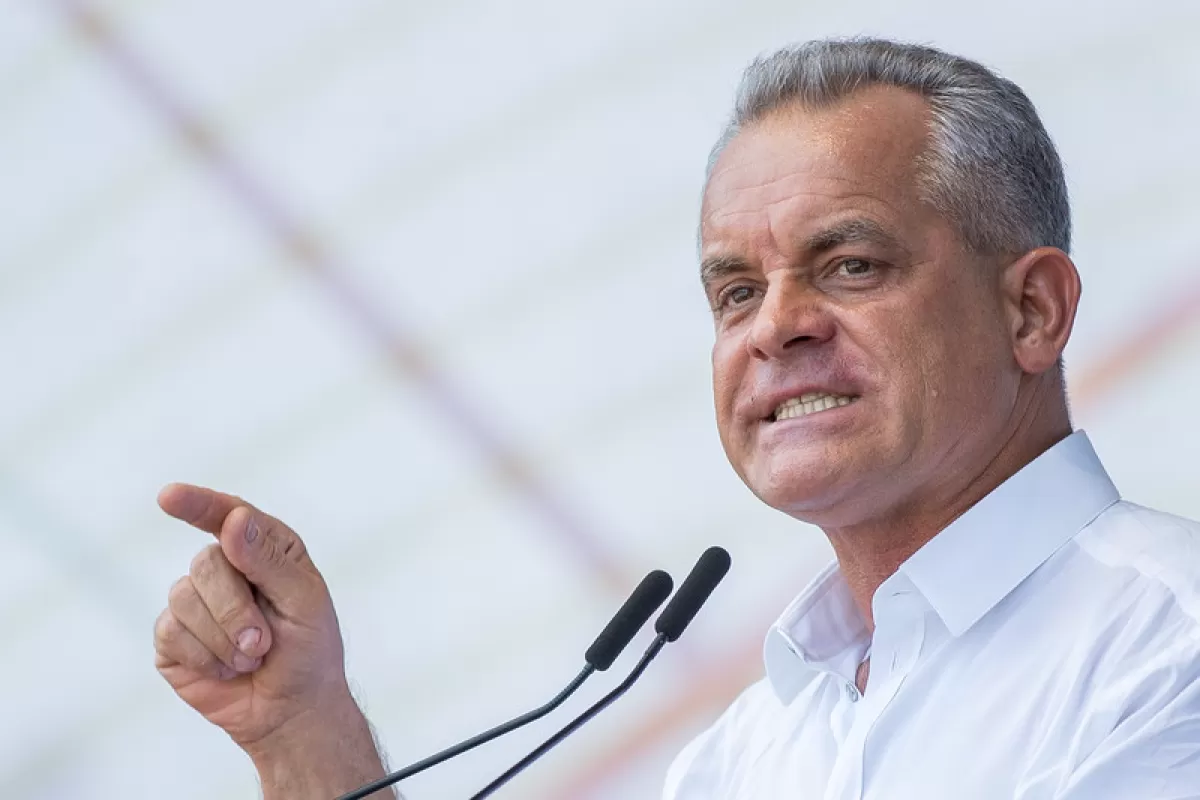
The European track of the Republic of Moldova involves a break with its recent past, when the country was virtually at the mercy of highly influential oligarchs, who used their political leverage and media influence to create a genuine kleptocracy. One solution would be to apply the model employed by Ukraine, a country that passed a anti-oligarchic law.

The weapons delivered to Ukraine might be transiting the territory of the Republic of Moldova, says the pro-Russian politician Igor Dodon, in an interview given under house arrest. His statements were also taken over by the official press of the Russian Federation and aim to disinform and accuse the pro-European government in Chisinau of wanting to involve the country in the war.

According to narratives launched by pro-Russian politicians in Chisinau and officials in Moscow, the European Union offers the status of accession candidate using Russophobia as a criterion and, together with NATO, is building a war coalition against Russia. Such narratives have appeared in the context in which the Republic of Moldova and Ukraine received the status of candidate countries for EU accession.
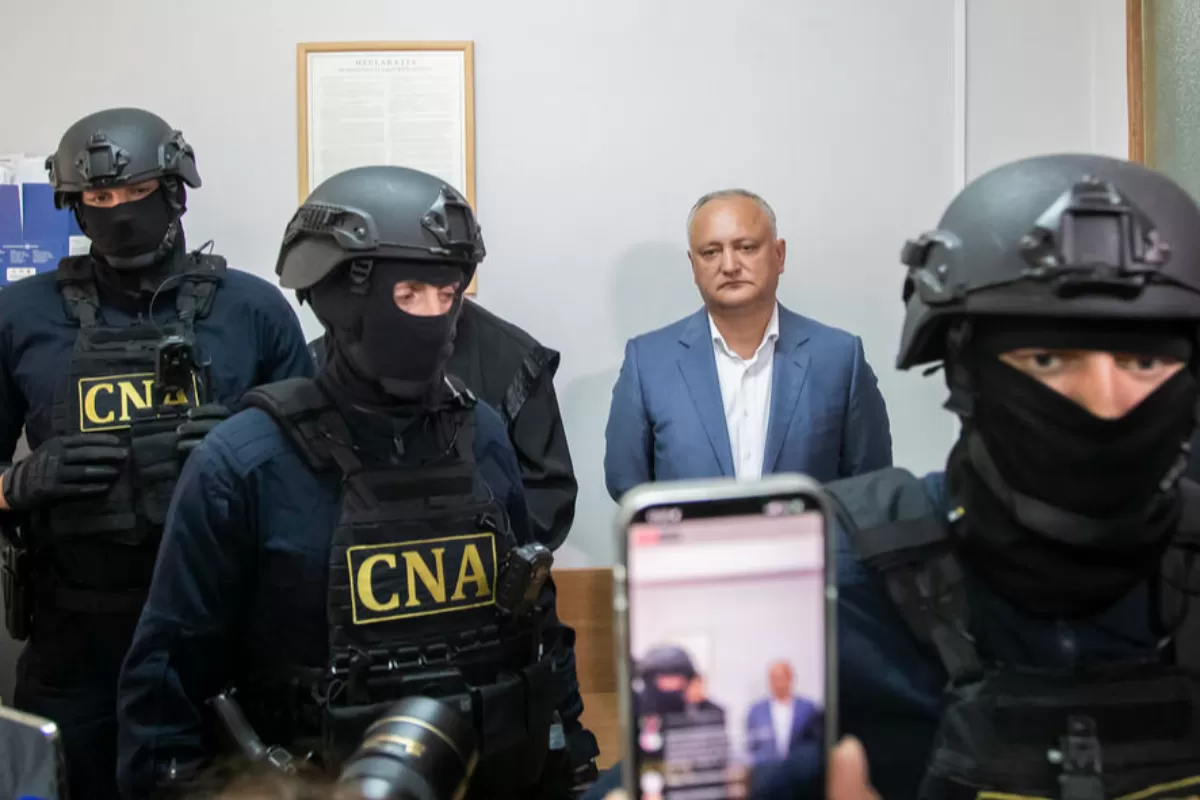
Igor Dodon is undoubtedly the product of the profiteering political class of the Republic of Moldova. Tutored by the former Communist President Vladimir Voronin and the fugitive oligarch Vladimir Plahotniuc, Dodon has been described as a prototype of the duality of the Moldovan politician, interested only in making lots of money and capable of any kind of internal or external political betrayal. Detained for corruption and treason, Dodon is now complaining that he is the victim of political persecution.
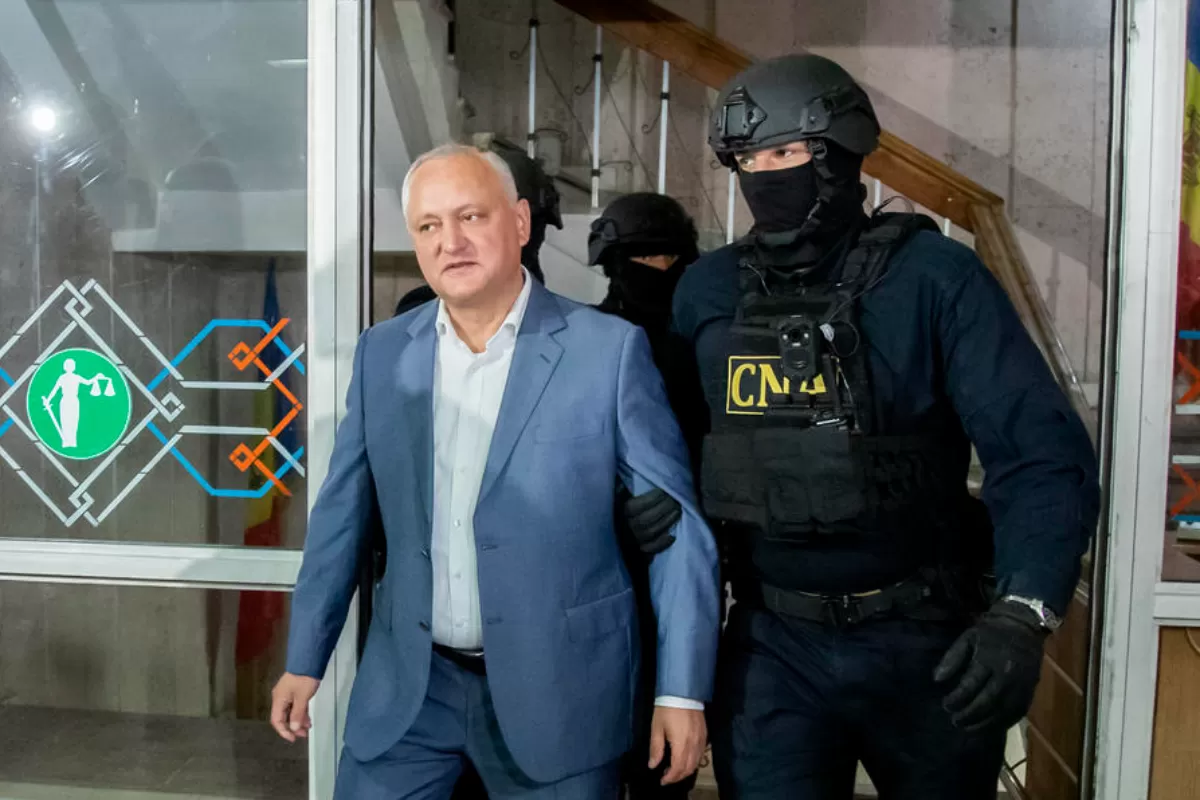
Former president of the Republic of Moldova, Socialist Igor Dodon, was arrested because he wanted to prevent the Republic of Moldova from entering the conflict in Ukraine, media outlets in Chișinău and Moscow claim. In fact, Dodon was detained as part of official investigations into the illegal funding of Dodon’s party, which were launched a few years ago.
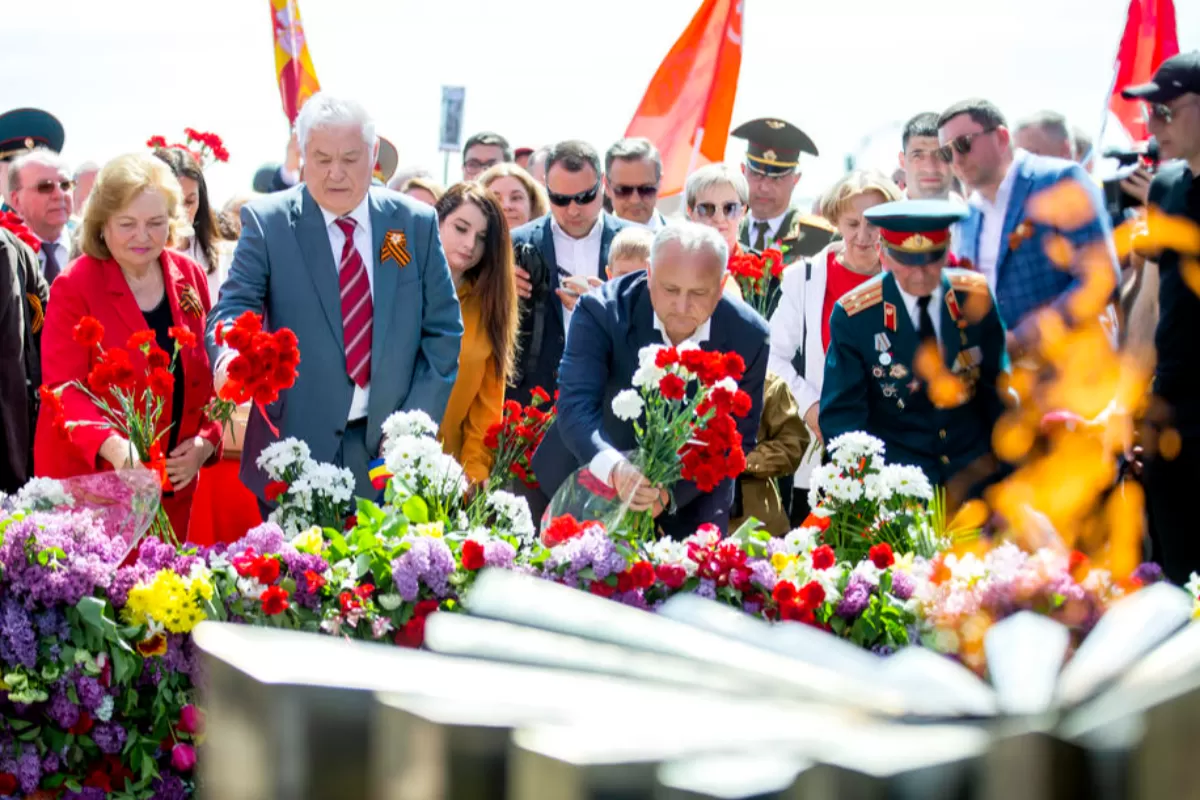
The Republic of Moldova’s neutrality is one of the favorite topics of Russian and pro-Russian propaganda. It is discussed when it comes to adopting measures that do not suit Moscow, but the reality of the presence of Russian forces in Moldova, which means a violation of its neutrality, is constantly ignored. Other narratives are switched depending on the needs; neutrality, however, has been a constant one.

The Republic of Moldova will suffer enormous economic losses if it exists the Commonwealth of Independent States, according to the former pro-Russian president Igor Dodon. However, statistics show that Moldovan exports to Russia have been steadily declining, as Moscow has imposed tariff caps on Moldovan products since 2014 and is supplying gas at market prices.

May 9 was a much anticipated event in Chișinău: a recent law forbids the public display of symbols associated with the Russian army and the invasion of Ukraine – the ribbon of Saint George and the letters Z and V. Previously, pro-Russians had announced they would ignore the law. Fears were running high that public unrest might break out. That wasn’t the case, and the demonstration actually resembled a display of communist nostalgia rather than an act of solidarity with Russia.

Russian claims that EU and the USA are allegedly interfering in the parliamentary election in Chișinău, scheduled for July 11. On May 13, the Russian Foreign Ministry spokesperson, Maria Zakharova, said “it is regrettable to see the growing interference of the United States and EU countries in the domestic politics of the Republic of Moldova, something which we firmly condemn”.

Making predictions before elections in the Republic of Moldova means hazarding a guess. Such an action requires not only knowledge and intuition, but also a lot of luck and a special flair for anticipating last-minute backstage arrangements. However, the campaign for the snap parliamentary elections due on July 11 has kicked off, and based on current data and trends, we will analyze who the actors are and what chances they stand at the moment. A dirty election campaign is announced from the left wing, which seems ready to bring into play resources that are incomparable to those available to the right.
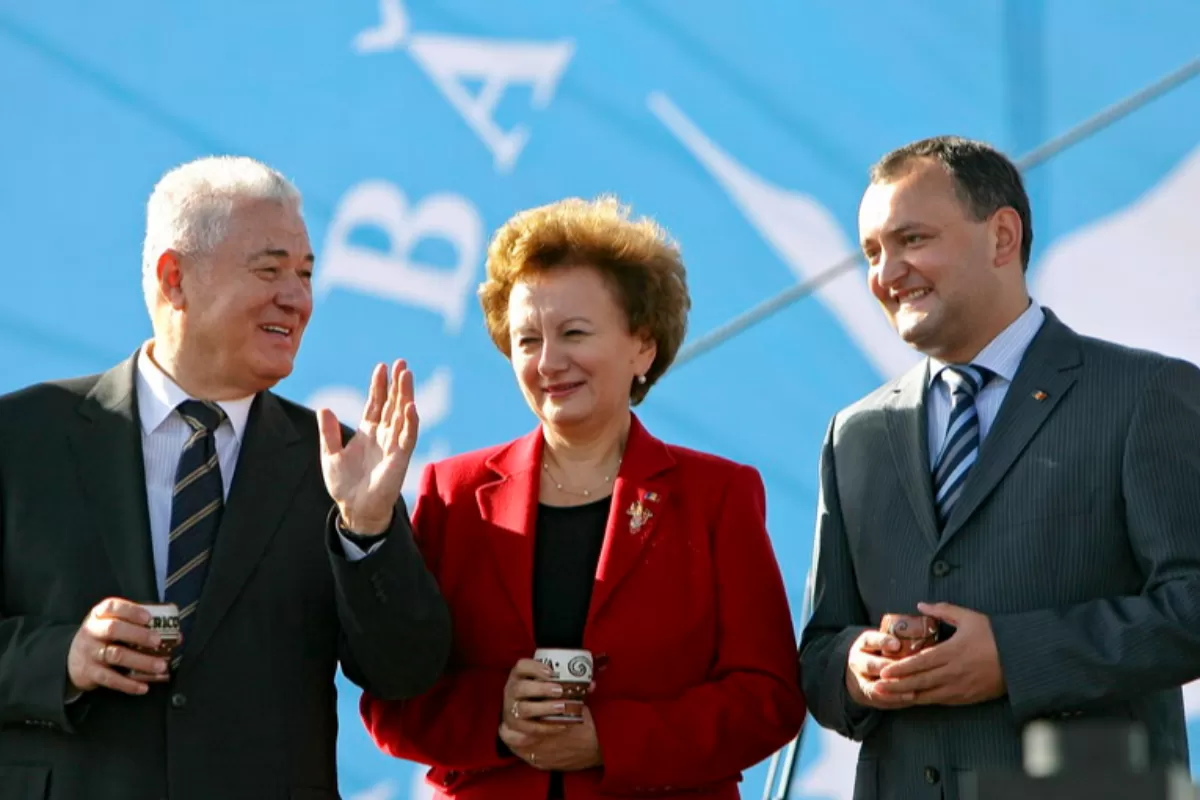
The surrender or transfer of power have always been the center of attention in Chisinau, which proves that democracy, even after 30 years of independence from the Soviet Union, is still fragile.
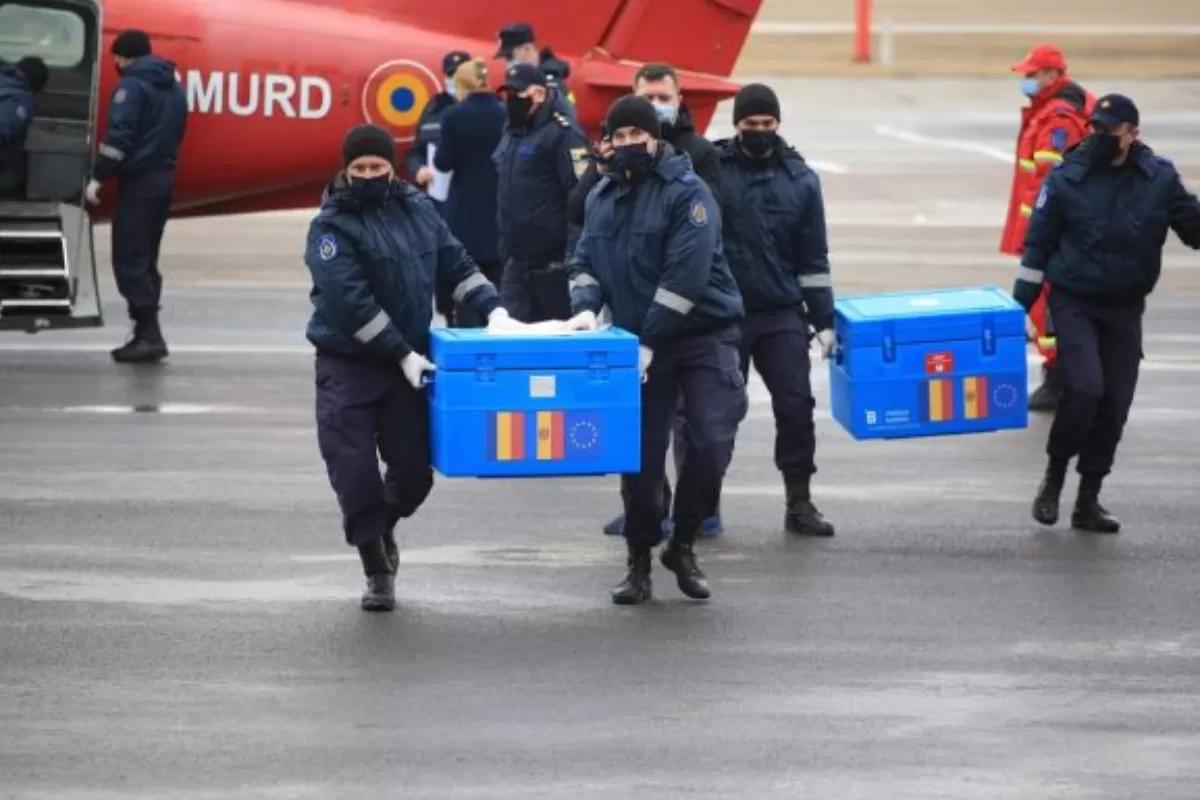
In recent years, Romania has funded numerous projects that have had a direct impact on the population. In parallel, a certain type of patriotic discourse, irritating for a significant part of the population of the Republic of Moldova, has been tempered as well. The result of this policy carried out with soft-power tools is that while the declared unionist parties in Chisinau are free falling in the electorate’s preferences, paradoxically the number of unionists is on the rise.

The failure of pro-Russian Igor Dodon in the presidential elections in the Republic of Moldova does not seem to have upset the Kremlin much: instead of being reprimanded, the officer in charge of the Moldovan case (and assisting Dodon in the election campaign) was promoted in early March. At first glance, the promotion seems to be a job rotation decision, but in reality, it’s part of a broader reorganization of the departments dealing with the former Soviet space and the separatist regions supported by Moscow.
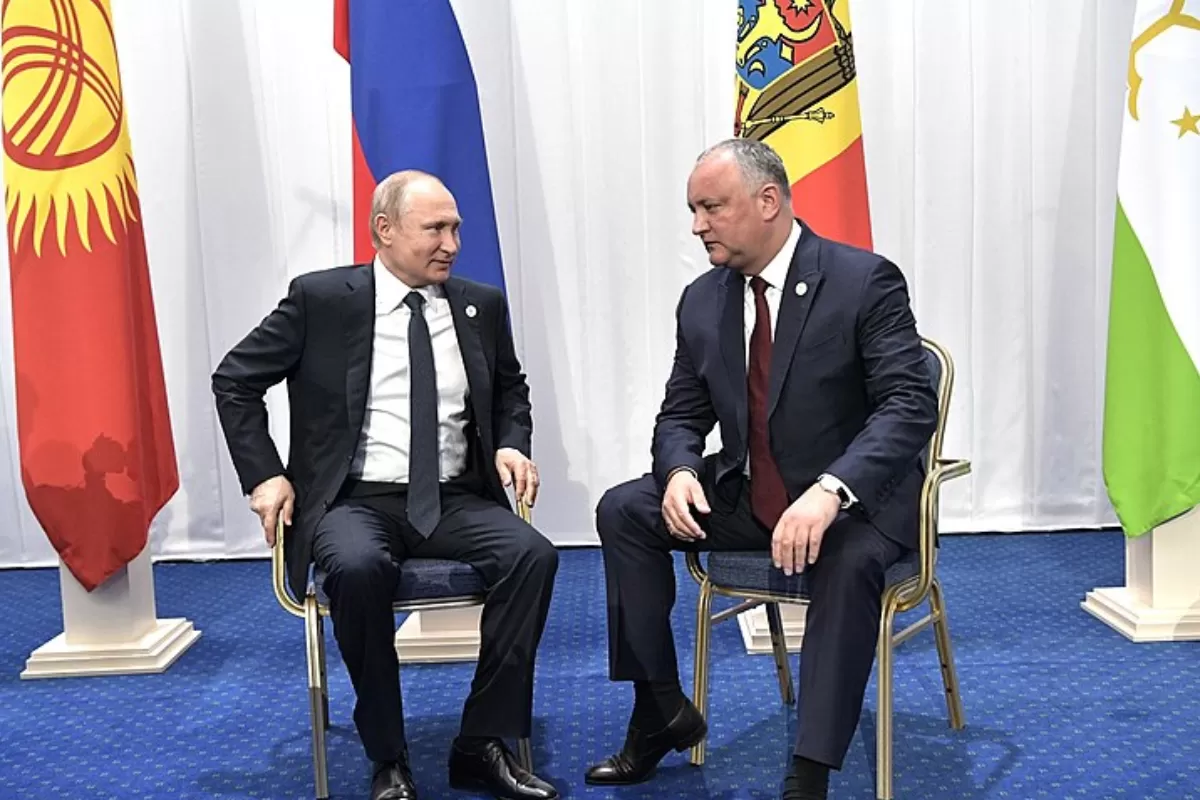
The political stage in Chișinău is once again in crisis. The incompatibility between the pro-European president Maia Sandu and her governing opponents, from the camp of the corrupt pro-Russia “establishment” in Chișinău, has led to new confrontations and situations hard to anticipate.

The Party of Socialists in the Republic of Moldova has abandoned plans to make the Republic of Moldova a Federation, reverting instead to a 25-year-old document that proposes the creation of a confederation as a solution to the Transnistrian conflict, by setting Chișinău on an equal footing with Tiraspol.

The former president of the Republic of Moldova, Igor Dodon, considers that he lost the presidential elections last autumn also due to Facebook, which allegedly deleted the likes he received and blocked the accounts of his party members. Ironically, the allegations were made in a video streamed on Facebook. Dodon thus joined a wave of attacks against these networks, launched in several countries, from Russia and EU member states to the United States.

Perdant în recentele alegeri prezidențiale din această toamnă, Igor Dodon încă se agață de putere în interiorul Partidului Socialiștilor din Moldova (PSRM), dar și în fața susținătorilor săi externi de la Kremlin.

Socialists and supporting media in the Republic of Moldova have snapped after a Moldovan Constitutional Court ruling threw out a law granting special status to the Russian language. They’re describing the ruling as an attack on the Russian minority, the idea circulated being that the country’s newly elected president, Maia Sandu, is held responsible for this attack, thus going back on the promises made in the election campaign.
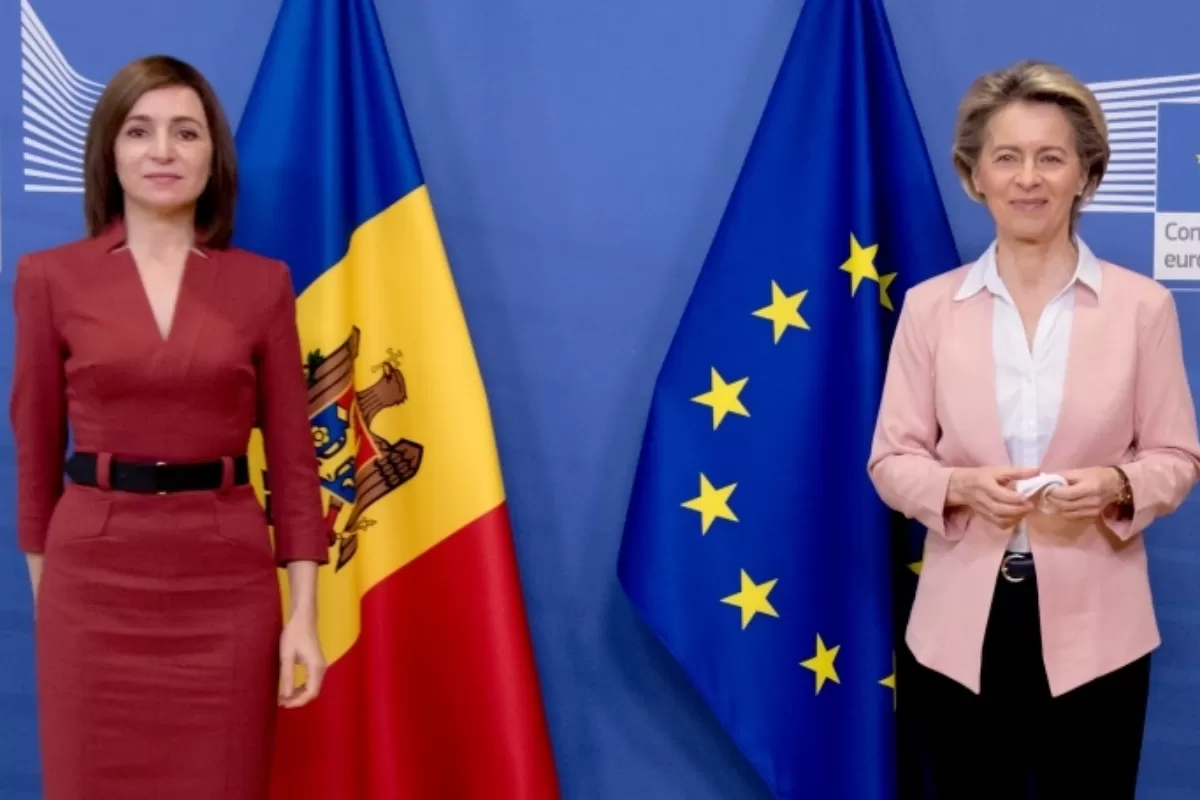
Maia Sandu is an agent of foreign entities who behaves like a virus created to destroy the Moldovan state and unite with Romania the territories beyond the Prut. The idea that the leader in Chisinau would be responsible for the political crisis that the Socialists actually created is also promoted.

Russia uses an aggressive rhetoric to disguise its lack of ideas and even real interest in Moldova. Transnistria – a pawn for future exchanges, tightly controlled by the Sheriff